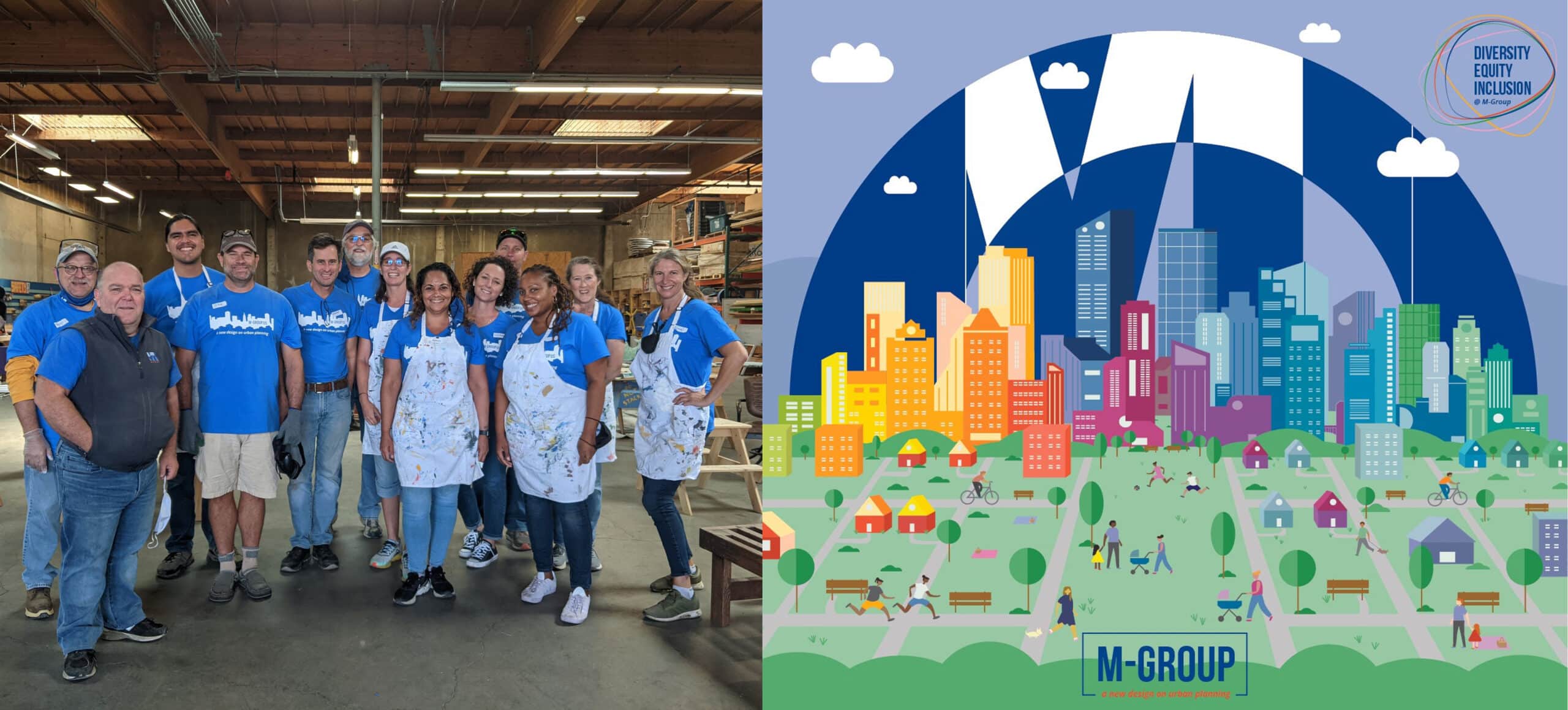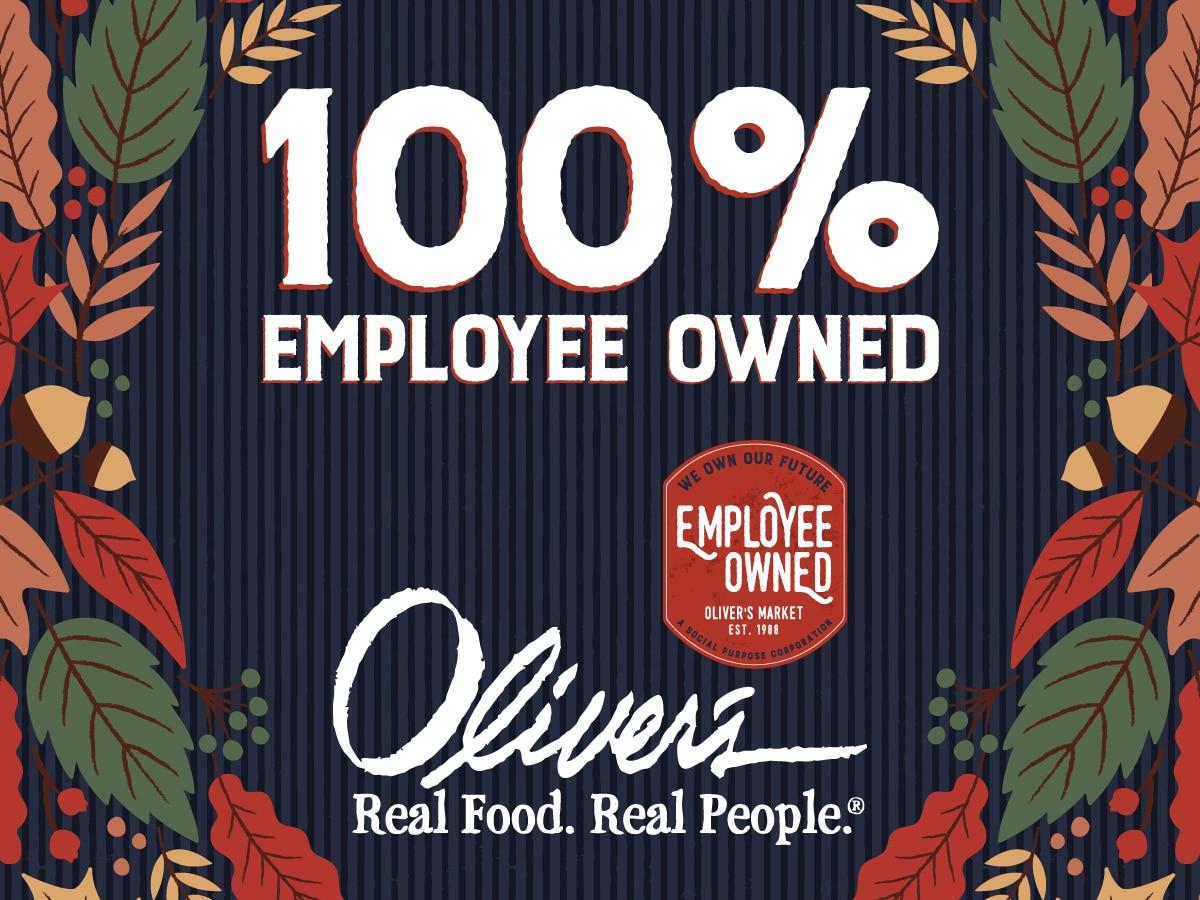Small companies are rushing to reward workers with employee stock ownership plans as low valuations make awarding shares more attractive
Bob Moore gathered three employee shifts together last month for pizza parties to celebrate his 81st birthday. But Moore, the founder and president of Bob’s Red Mill Natural Foods in Portland, Ore., also had a surprise announcement: He was giving his 200 employees the company he founded in 1978.
“I thought some of them were going to kiss me,” Moore recalls. “It went over very, very, very well.”
Moore and his partners researched their retirement options for more than a decade before settling last year on an Employee Stock Ownership Plan (ESOP). An ESOP is a tax-advantaged, qualified employee retirement plan similar to a stock bonus plan except that it can borrow money. ESOPs are typically created to buy out all or part of an owner’s interest in an established, profitable company. The stock is held in a trust fund, and employees can cash in their shares when they retire or leave the company.
While ESOPs are costly to establish and operate, they have gained in popularity during the recession, says Jude Anne Carluccio, a partner in the Minneapolis law office of Barnes & Thornburg and chairwoman of the firm’s ESOP Practice Group. “I’ve been running this ESOP practice for 14 years, and I have never been as busy as recently,” she says.
There were 11,400 ESOPs in the U.S. in early 2009, up about 400 over 2008 and 800 over 2007, according to statistics compiled by the National Center for Employee Ownership, a nonprofit group in Oakland, Calif. As of 2006, the most recent year for which statistics were available, more than 13 million U.S. employees had ESOPs.
Click to read the rest of the article at Bloomberg BusinessWeek…






